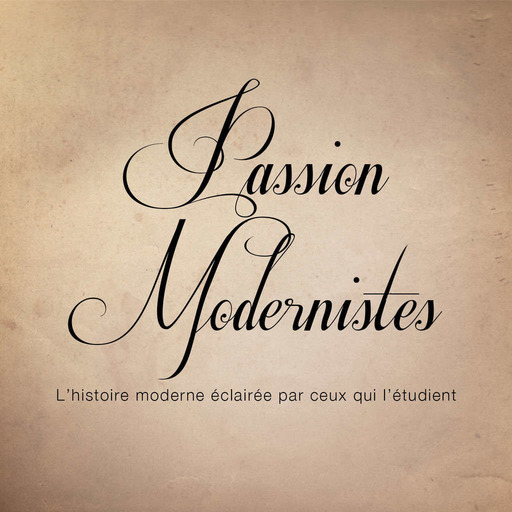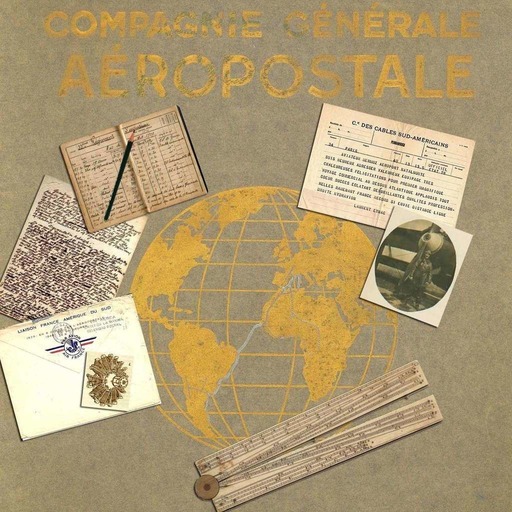Melvyn Bragg and guests discuss the revelatory collection of Biblical texts, legal documents, community rules and literary writings.
In 1946 a Bedouin shepherd boy was looking for a goat he’d lost in the hills above the Dead Sea. He threw a rock into a cave and heard a hollow sound. He’d hit a ceramic jar containing an ancient manuscript. This was the first of the Dead Sea Scrolls, a collection of about a thousand texts dating from around 250 BC to AD 68. It is the most substantial first hand evidence we have for the beliefs and practices of Judaism in and around the lifetime of Jesus.
The Dead Sea Scrolls have transformed our understanding of how the texts that make up the Hebrew Bible were edited and collected. They also offer a tantalising window onto the world from which Christianity eventually emerged.
With
Sarah Pearce Ian Karten Professor of Jewish Studies and Head of the School of Humanities at the University of Southampton
Charlotte Hempel Professor of Hebrew Bible and Second Temple Judaism at the University of Birmingham
and
George Brooke Rylands Professor Emeritus of Biblical Criticism and Exegesis at the University of Manchester
Producer Luke Mulhall


 Emissions
Emissions





